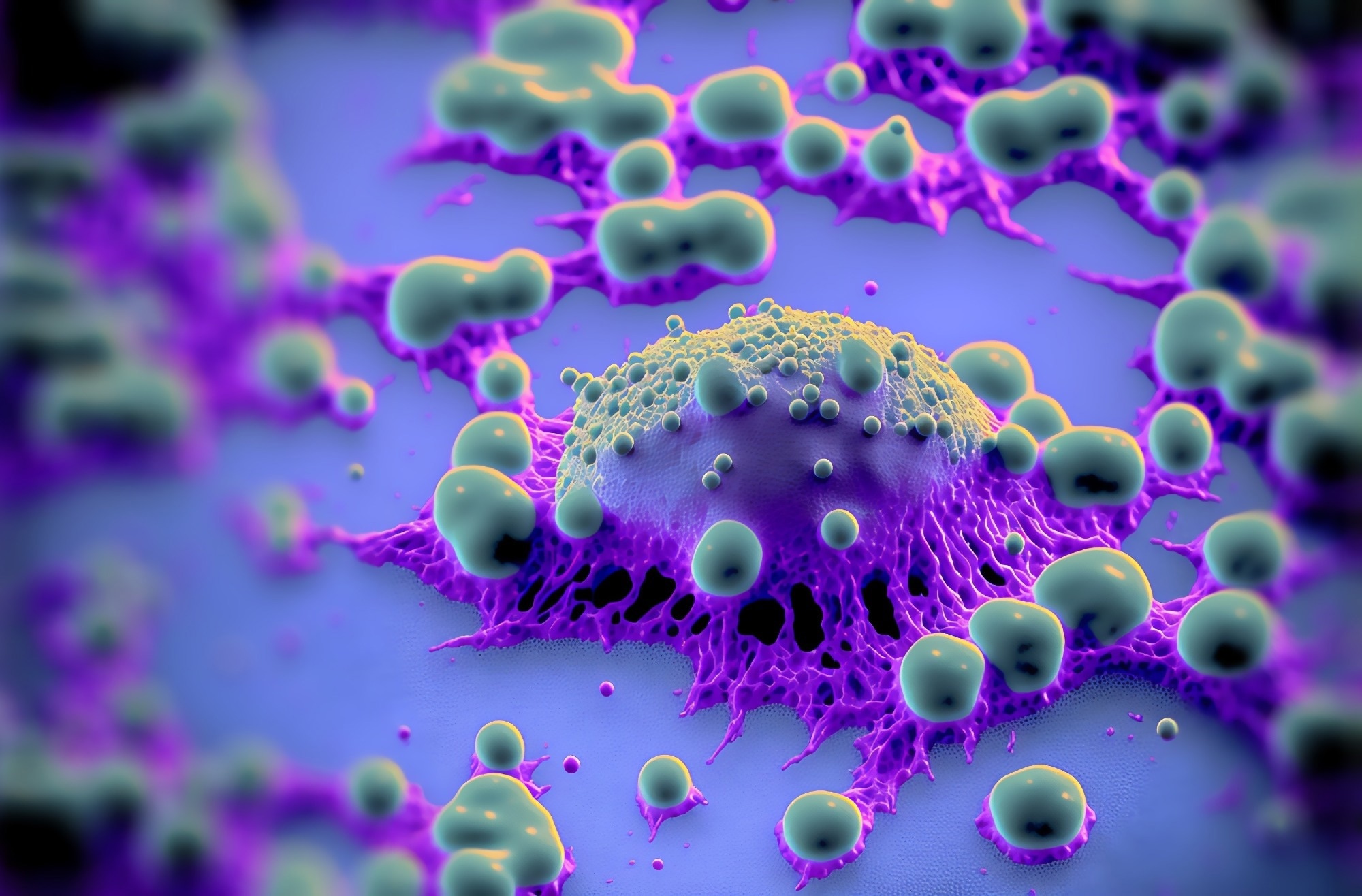In a recent review published in the journal Cell, a group of authors explored existing immunological assumptions to better understand unresolved phenomena and improve vaccine design, autoimmune response management, and immune system pathology.
 Study: Exploring new perspectives in immunology. Image Credit: CI Photos / Shutterstock
Study: Exploring new perspectives in immunology. Image Credit: CI Photos / Shutterstock
The immune system, crucial for defending against pathogens, consists of innate and adaptive components. Innate immunity, found in prokaryotes and eukaryotes, detects pathogen-specific molecular structures. Adaptive immunity, evolved in vertebrates, features lymphocytes with antigen receptors generated through processes like Variable, Diversity, Joining (VDJ) recombination, enabling specific pathogen recognition and immune response. However, the diversity of these receptors, while beneficial, limits their ability to discern antigen origins, a challenge partially mitigated by mechanisms like T regulatory (Treg) cells. Further research is needed to address unresolved questions in immunology, refine existing theories, and develop more effective immunological interventions and vaccines.
Immunogenicity: Decoding the complexity of immune response activation
Understanding immune response activation involves identifying the necessary and sufficient signals for different immune responses, including antigen-specific, innate, primary, and memory responses. However, the variability in these signals complicates the identification process, especially since a broader range of signals triggers T helper type 2 (Th2) responses compared to Th1 and Th17 responses. Furthermore, the quality of immune responses can vary significantly based on the initiating signals, such as those from natural infections versus various vaccines, even if antibody levels are similar. This variability in immune signaling and response underscores the immune system's complex decision-making process, akin to how sensory systems integrate multiple types of information to guide behavior. The immune system requires a comprehensive set of signals to initiate appropriate responses, highlighting the intricate relationship between signal diversity and response efficacy.
Exploring the complexities of immune memory
Immune memory, crucial for adaptive immunity, involves storing long-term information about pathogens, focusing on what is stored, how, and for how long. Traditional views highlight antigen-specificity, where memory cells retain details about antigen identity and infection characteristics. The concept extends to associative and reinforcement learning, where the immune system adjusts based on the success or failure of responses. Emerging research reveals non-traditional memory mechanisms like chromatin remodeling and selective expansion of Natural Killer (NK) cells, indicating that immune memory may also involve the central nervous system.
Fundamentals of host-pathogen interactions
Pathogens, driven by natural selection, adopt strategies to colonize, replicate, and transmit within hosts. Rapid replicators like influenza and coronaviruses cause acute infections, while others like hepatitis viruses and Mycobacterium tuberculosis induce chronic conditions. Some, like herpes simplex virus, enter latency. They navigate host compartments for entry, replication, and transmission, often requiring complex adaptations. Hosts counter infections by balancing resistance, eliminating pathogens and tolerance, minimizing infection impacts, reducing immune response costs, and safeguarding health.
Protective immunity
Protective immunity is characterized not just by its intensity or the types of effector mechanisms it involves but by its ultimate success in safeguarding the host against the adverse outcomes of infections, including morbidity and mortality. This form of immunity might not always require the complete elimination of pathogens; in some cases, coexistence proves less harmful than the effects of an aggressive immune response aimed at total pathogen clearance.
The role of vaccines in achieving protective immunity
Vaccines play a crucial role in establishing protective immunity by simulating an infection to prepare the immune system for future encounters with the actual pathogen. This preparation involves the development of memory cells and antibodies that are ready to respond swiftly to an infection. However, the effectiveness of vaccines can vary significantly based on how well they mimic the natural infection process and stimulate the immune system. For instance, live-attenuated vaccines have been particularly successful because they trigger robust and long-lasting immune responses similar to those induced by natural infections. However, this success is not uniformly replicated in all vaccines, especially those targeting rapidly mutating viruses like the flu or Severe Acute Respiratory Syndrome Coronavirus 2 (SARS-CoV-2), which pose unique challenges due to their quick replication and mutation rates.
Challenges in developing effective vaccines
The development of vaccines against rapidly mutating pathogens such as SARS-CoV-2 has highlighted significant gaps in our understanding of protective immunity. Due to their short incubation periods and high transmission rates, these pathogens require a better approach to vaccine development that can prompt an immediate and robust immune response. Ideally, such vaccines would induce potent, localized immune responses directly at the entry site, such as the respiratory tract, which might involve innovative strategies like mucosal vaccination.
Mucosal vaccines and future directions
Recent advances suggest that mucosal vaccines could be particularly effective against pathogens that enter through the mucosal tissues, such as respiratory viruses. These vaccines could stimulate local immune cells to produce protective antibodies right at the entry point of pathogens, potentially stopping them before they can cause an infection. Developing vaccines that create long-lived plasma cells capable of producing antibodies over extended periods is another critical area of research. This would ensure sustained immunity against pathogens that might otherwise evade shorter-lived immune responses.